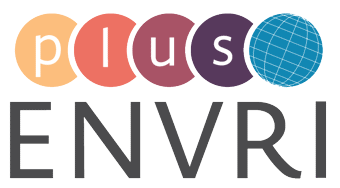
Málaga, Spain, 6–10 November 2017. LifeWatch ERIC will host the 5th edition of ENVRI Week, at the University of Málaga and Málaga City Hall in November. The five days will focus on Environmental Research Infrastructures (ESFRI). ENVRI Week happens twice a year, in November and in May. It hosts ENVRIplus project related sessions as well as several others targeting different groups of stakeholders.
ENVRIplus is a Horizon 2020 project bringing together environmental and earth system research infrastructures, projects and networks together with technical specialist partners to create a more coherent, interdisciplinary and interoperable cluster of Environmental Research Infrastructures across Europe. ENVRIplus has 37 partners from 13 European countries.
For more information, see their website.